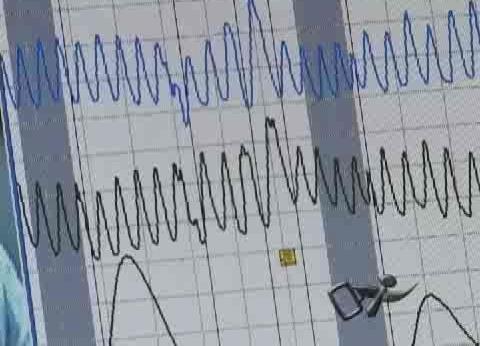Polygraphs are widely recognized as unreliable yet police still use them to elicit confessions.
By Michael Komorn
Many states don’t allow polygraph test to be admitted in court because they are unreliable. Their lack of reliability is widely recognized by criminal justice professionals yet police agencies continue to use them.
(Related: Drug Legalization Called for by Ex-policeman, GOP Lawmaker at Rochester Town Hall)
Polygraph machines measure particular physical qualities and responses, specifically patterns in your heart rate. As questions are read, the test administrator analyzes these patterns and reportedly determines whether you are telling the truth or not.
There have long been doubts to the reliability of these tests. As a result, several states (New York, Illinois, Pennsylvania, D.C.) do not allow polygraph test results to be admitted in court at all. Other states including California, Arizona, Florida, and Georgia, allow the results to be used both only if everyone agrees to them and with different disclosures being required about their fallibility.
(Related: Marijuana Rapidly Grows In Favor With U.S., While Obama Remains Rigid)
McClatchy has conducted a recent investigative report which revealed additional problems with polygraph testing — in the equipment itself. One machine is said to be delivering inaccurate results and glitches that cause some measurements to change completely.
All the while, some police agencies still use the tools during the investigative phase of the test — even in those states where the results would be inadmissible under the rules of evidence. And not to determine whether you’re telling the truth, but to elicit a confession from you.
According to the McClatchy investigation:
Despite the scientific skepticism, intelligence and law enforcement agencies see polygraph as useful in obtaining confessions to wrongdoing that wouldn’t otherwise be uncovered. Fifteen federal agencies and many police departments across the country rely on polygraph testing to help make hiring or firing decisions. Sex offenders and other felons often undergo testing to comply with probation or court-ordered psychological treatment. Police detectives and prosecutors rule out criminal suspects who pass and scrutinize those who don’t.
(Related: Boston Marathon Bombing Terrorism Police Storm Into Homes of Marijuana Growers)
“We’re talking about using a procedure that has a very weak scientific foundation and making it worse,” said William Iacono, a University of Minnesota psychology professor and polygraph expert. “I already don’t have very much confidence in how government agencies conduct these tests. Now, they might as well be flipping a coin.”
Cop tactics would place you in an interrogation room alone — much longer than necessary — to use the polygraph as a psychological tool in police work. The bright side? You don’t have to take one!
Whenever you are questioned about a crime, you should exercise your right to have an attorney present. Police departments have been playing mind-games for decades. Ensure your rights are protected and have an expert on your side.
Recognized as a leading expert and Michigan criminal defense attorney, Michael Komorn’s perspectives have appeared throughout the news, including: The Detroit News, Detroit Free Press, WWJ Newsradio 950, WJR-AM, The Oakland Press, WJRT-TV, WDET-FM, WMYD-TV 20 and Michigan Lawyer’s Weekly.
Read more: http://www.experiencedcriminallawyers.com/polygraph-evidence/?goback=%2Egde_139621_member_245105260











